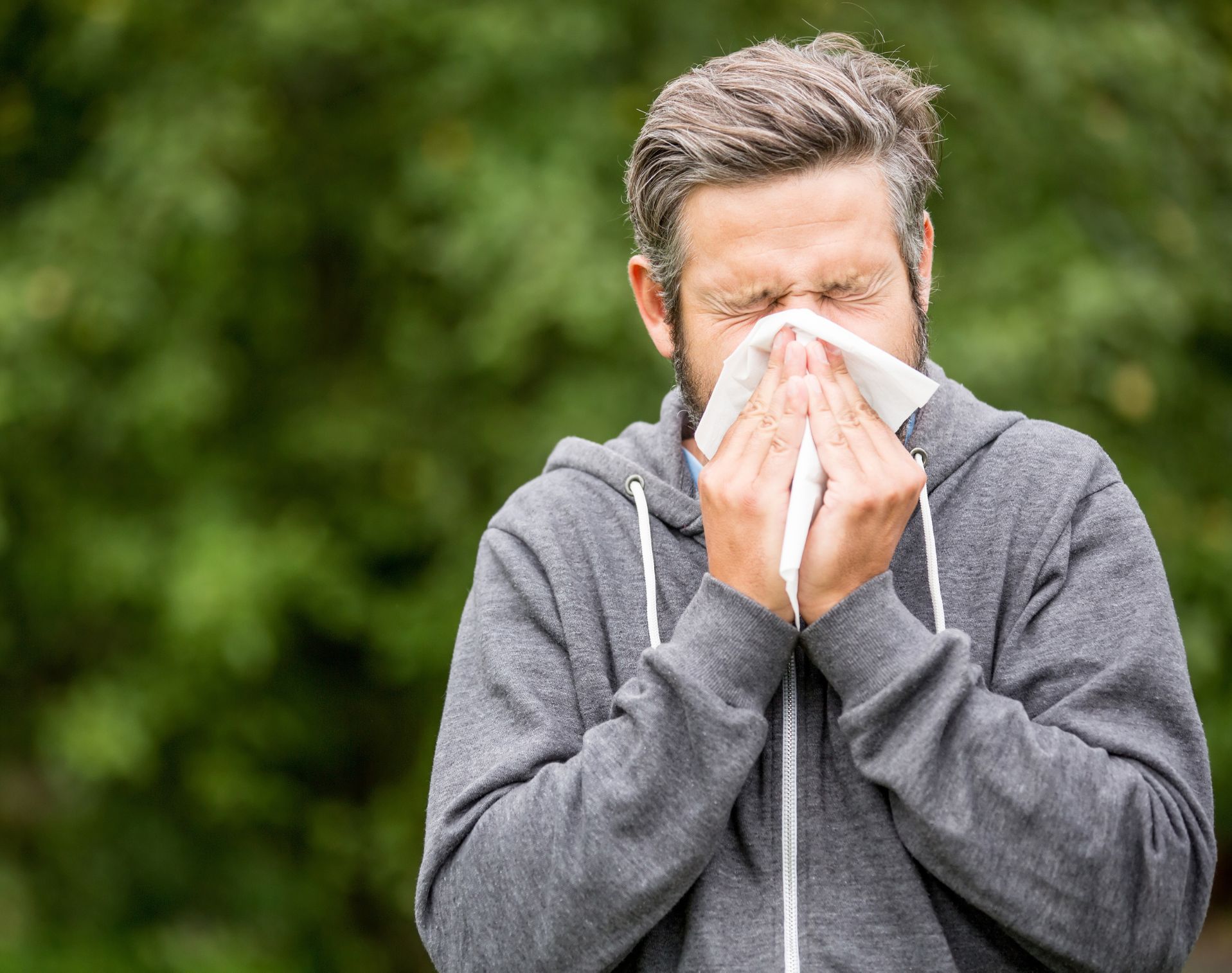Hay fever, or allergic rhinitis, is a common condition that affects between 10–15% of children and 26% of adults in the UK.
Seasonal hay fever can make sunny spring and summer days feel more like an endurance test. Too many people with hay fever just accept the red itchy eyes and runny nose — but there are excellent hay fever treatments available that can reduce symptoms, help manage the condition and restore your quality of life.
We talked to Dr Chris Rutkowski, a renowned Consultant Allergist working at OneWelbeck and the World Allergy Organisation Centre of Excellence at Guy’s and St Thomas’s Hospital.
“If you've got hay fever, which is affecting your quality of life, it's important to see an experienced allergist,” Dr Rutkowski explained. “We can offer a comprehensive service that involves the correct diagnosis of your hay fever, skin prick and blood tests to identify what is triggering your allergy, treatment that controls your symptoms immediately, and immunotherapy which addresses the mechanism of your condition and helps reduce hay fever symptoms in the long-term.”
In this article, we will explain exactly what seasonal hay fever is, what the warning signs and symptoms are, and how Dr Rutkowski and the allergy team at OneWelbeck can help you identify your triggers, manage your hay fever and live a full and active life, whatever the season.
